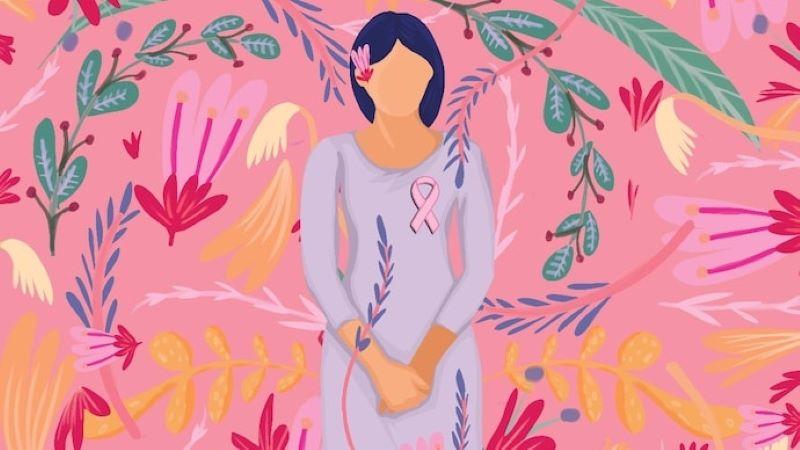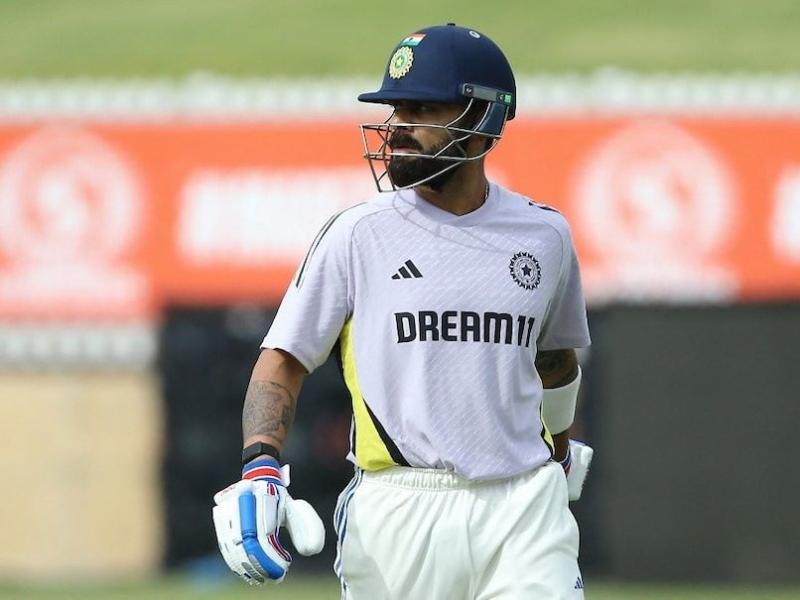
- devara
- 25 Feb 2025 07:48 AM
- #Breast cancer #WHO report #global cancer rates #cancer prevention #health news
A new report by the World Health Organization (WHO) has raised alarms over the rising burden of breast cancer worldwide. According to the International Agency for Research on Cancer (IARC), breast cancer diagnoses and deaths are set to increase dramatically by 2050, underscoring the need for improved awareness, early detection, and prevention strategies.
Projected Rise in Breast Cancer Cases and Mortality Rates
The study published in Nature Medicine predicts that if current breast cancer trends continue, by 2050, the world could see:
- 3.2 million new breast cancer cases annually
- 1.1 million deaths from breast cancer each year
Currently, breast cancer is the most common cancer among women and the second most common cancer overall worldwide. According to WHO data from 2022:
- 2.3 million new breast cancer cases were recorded globally
- 670,000 breast cancer-related deaths occurred
- 71% of new cases and 79% of deaths affected women aged 50 and older
Dr. Joanne Kim, an IARC scientist and co-author of the study, highlighted the seriousness of the situation, stating, "Every minute, four women are diagnosed with breast cancer worldwide, and one woman dies from the disease. These statistics are worsening."
Early Detection and Risk Reduction Strategies
Experts emphasize that early detection and lifestyle modifications can play a crucial role in reducing breast cancer mortality.
Methods of Breast Cancer Diagnosis
- Clinical Examination – Physicians conduct physical exams to detect any abnormalities, such as lumps in the breast tissue.
- Imaging Tests – Mammograms are the primary screening tool, often followed by ultrasounds or MRIs for further evaluation.
- Biopsy – If an imaging test detects irregularities, a biopsy confirms cancer by analyzing tissue samples under a microscope.
Early diagnosis increases the chances of successful treatment and improved survival rates.
Ways to Reduce Breast Cancer Risk
While certain risk factors, such as genetics and family history, cannot be changed, adopting healthier lifestyle habits may help lower the risk of developing breast cancer.
- Maintain a Healthy Weight – Regular exercise and a balanced diet can lower the likelihood of developing cancer.
- Reduce Alcohol Consumption – Studies indicate that excessive alcohol intake is linked to an increased risk of breast cancer.
- Breastfeeding Benefits – Breastfeeding has been found to offer protective effects, especially for premenopausal women.
- Routine Screenings – Women over 40 are encouraged to undergo regular mammograms for early detection.
- Genetic Testing for High-Risk Individuals – Women with a family history of breast cancer should consider genetic testing for BRCA1 and BRCA2 mutations, which can help in taking preventive measures.
The Urgency for Global Awareness and Action
As breast cancer cases continue to rise, governments, healthcare institutions, and research organizations are pushing for better screening programs, improved treatment options, and increased awareness campaigns.
The WHO report highlights the need for stronger healthcare infrastructure, particularly in low-income countries where access to early detection and treatment remains a challenge. By implementing effective prevention strategies and investing in cancer research, experts believe it is possible to reduce mortality rates and improve the quality of life for millions of women worldwide.
With 3.2 million projected cases annually by 2050, the world faces an urgent need to strengthen cancer prevention efforts, encourage regular screenings, and promote healthier lifestyles to combat the growing threat of breast cancer.












































